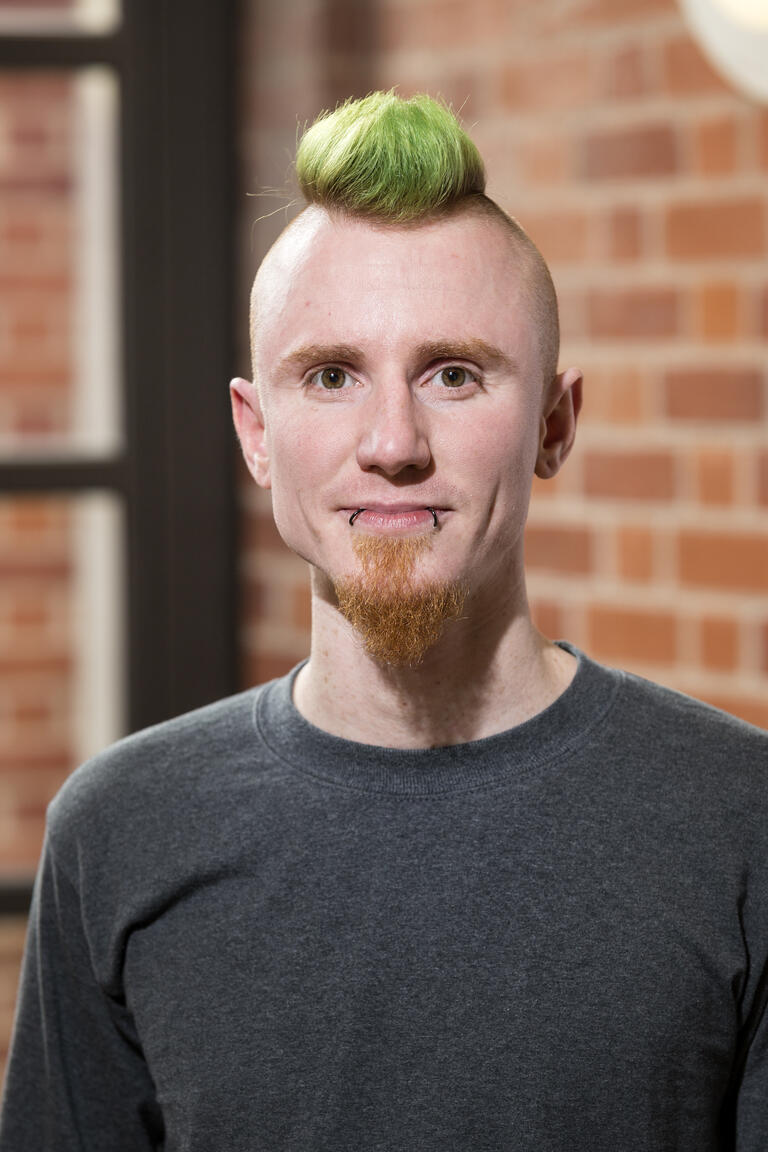
Dr Chris Clarkson is a Postdoctoral Fellow at the Wellcome Sanger Institute. After completing a BSc in Zoology at Queen Mary, University of London, where his interest in tackling evolutionary questions using bioinformatics began, Chris came to LSTM in 2012 to start his PhD.
The focus of his studies here was ecological genomics and speciation in malaria vector mosquitoes and he was supervised by Professor Martin Donnelly (Professor in Evolutionary Genetics in the Department of Vector Biology) and Dr David Weetman (Senior Lecturer in Vector Biology). Chris’ work focused on understanding the ways in which new species form and how organisms adapt in the face of evolutionary pressure, such as how the insecticide resistance so commonly found in malaria vector mosquitoes evolves.
After graduating from LSTM in 2015, Chris moved into his current position as Postdoctoral Fellow in Vector Genomics at the Wellcome Sanger Institute. Here he continues to work on malaria vectors, but on a global scale with the Anopheles gambiae 1000 Genomes Project (Ag1000g) and the Vector Observatory, which uses whole genome deep sequencing to provide a high-resolution view of genetic variation in natural populations of malaria vectors. Chris has published a number of scientific papers in this area, often alongside his former supervisors Professor Donnelly and Dr Weetman. Outside of work, Chris enjoys music, motorbikes and generally being outside as much as possible.
What made you choose to do your PhD at LSTM?
I came to Liverpool to talk to some principal investigators at the University about potential PhD positions and while I was here it was suggested that I head to LSTM and talk to Martin (Prof. Donnelly) and Dave (Dr Weetman) as they were looking for a bioinformatics student. I hadn't considered working in the field of tropical medicine before and had a number of offers of PhD places already, however the enthusiasm of my future supervisors and the opportunity to work at a world class institution convinced me that LSTM was the place for me.
How do you think your time at LSTM has gone on to shape your career?
The opportunities provided by LSTM to work as part of large consortium projects and meet researchers from around the world has led directly to my current position and the collaborators that I work with today.
What motivates you in your work?
Interesting challenges and working with inspirational people.
As someone near the start of their career, what do you hope to go on to achieve?
Generally I hope to be a part of the eradication of malaria, specifically we hope that by translating genetic and genomic data from field collections of mosquitoes quickly and cheaply into formats informative to regional vector control campaigns it will be possible to stay steps ahead of insecticide resistance and maximise the effect of campaigns.